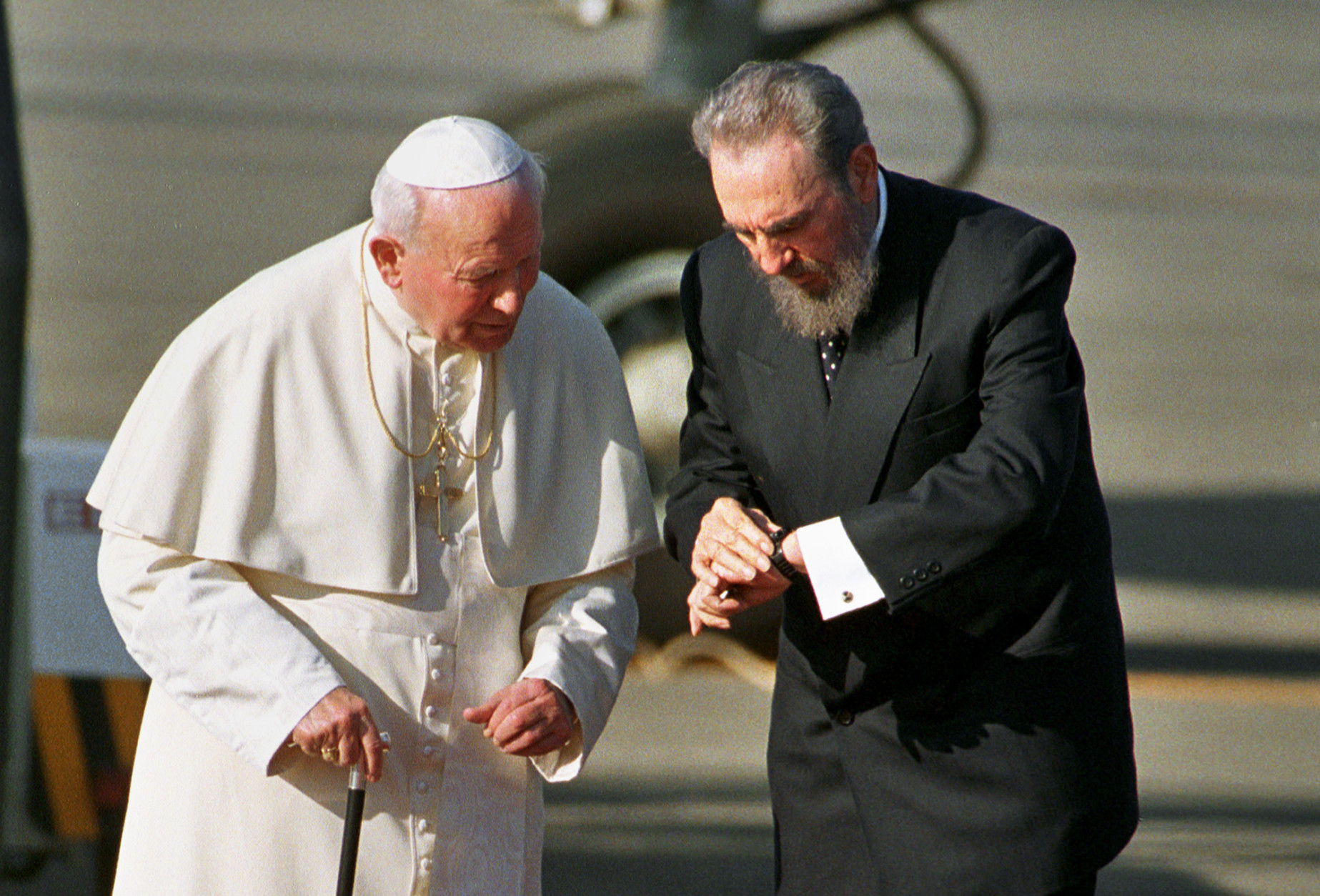What does it mean when “the voice of a generation” puts a shotgun under his chin and pulls the trigger?
The suicide of Kurt Cobain, 27-year-old leader of the rock group Nirvana, made international headlines because Cobain’s music—exciting, creative howls of rage, sarcasm, defiance and confusion—was said to be one big anthem for “Generation X,” the generation born in the mid-1960s.
For this generation, Cobain was supposed to be both representative and savior. Like many of his fans, Cobain came from a broken white-middle class home, growing up without a father in a dying industrial town, inheriting a grim view of his life and his options for the future.
 “His music … got me through my own stuff,” one 20-year-old fan told the Los Angeles Times. “He represented what we all feel in our lives; but he lived it.”
“His music … got me through my own stuff,” one 20-year-old fan told the Los Angeles Times. “He represented what we all feel in our lives; but he lived it.”
It is too easy to dismiss Cobain and his followers as losers, screwed-up youths who took too many drugs. Consider that Nirvana’s last record sold 10 million copies. Consider, too, that the third leading cause of death among people aged 15 to 24 is suicide.
What does it mean to be the voice of a generation contemplating its own self-destruction? This is, after all, the first generation to grow up without any firm grounding in religion, the first to grow up in a culture of legalized abortion. This is a generation that has seen, firsthand, that in our culture “the soul is cheap,” as Cobain sang, existence negotiable, life disposable.
Unlike the counterculture of the 1960s—and here is a difference that will be crucial in pondering our future—the “X” generation Cobain spoke for has stripped itself of all optimism: “At the end of your rainbow and your rope,” as he put it. Skeptical of all hopes for change and reform, many in “Generation X” look deep inside themselves, and find only emptiness and suffering.
“He killed himself for the same reason I’d kill myself: We lack something; we have no core,” one fan told the Washington Post of Cobain’s suicide.
This is a lonesome, rootless generation that has not heard of the redemptive power of God’s love or the promise of the Resurrection. Instead, many seem to be seeking nirvana, the Buddhist concept of literally “blowing out” the fires of the self, extinguishing all one’s desires and ultimately one’s self.
In his self-extinguishing, Cobain left behind a wife and a 19-month-old daughter. In a rambling, grief-stricken interview, his wife, rock singer Courtney Love, said that during a recent holiday in Rome, Cobain “went to the Vatican for me, he kicked off a piece of the Colosseum for me. He wanted to be Catholic, but they won’t take him now ’cause he’s a suicide.”
Love, like so many of the “X” generation, “grew up Catholic.” None of the major obituaries of Cobain bothered to mention what faith, if any, he grew up with. But Love is wrong about the Church and suicide. Who can presume to know the secrets of Cobain’s soul, or God’s will for him?
We can pray for the repose of the soul of Kurt Cobain. And we can ask that God bring from the stilling of his voice a new life for this “Generation X,” which, like Cobain, risks becoming a ghost without him.
Originally published in Our Sunday Visitor (April 24, 1994)
© David Scott, 2009. All rights reserved.


